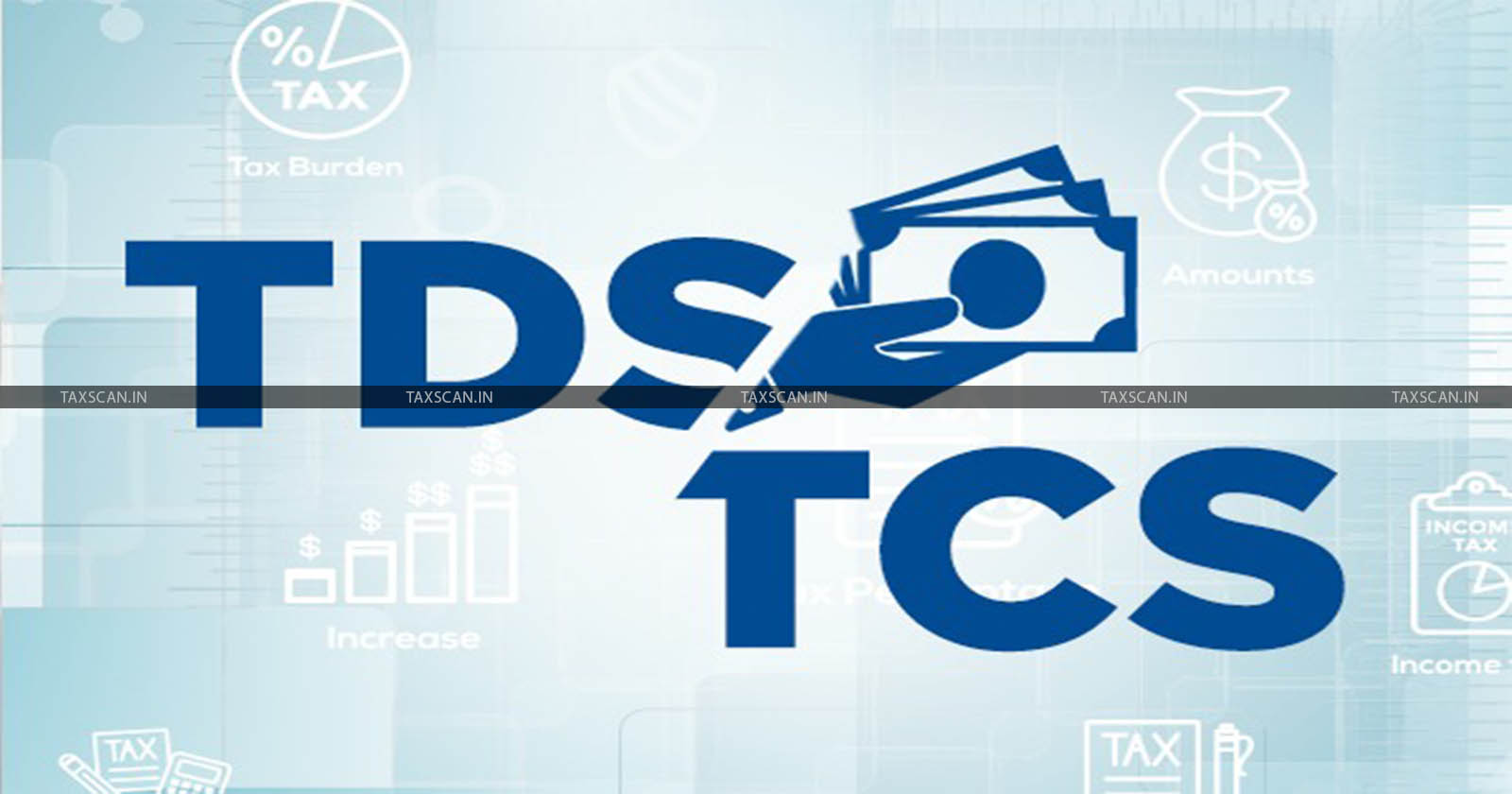Difference Between TCS and TDS: A Critical Analysis

TDS – TCS – A Critical Analysis – goods – TAXSCAN
TDS – TCS – A Critical Analysis – goods – TAXSCAN
INTRODUCTION
TDS stands for Tax Deducted at Source. It is the tax amount that the government collects directly from the recipient’s income immediately when it is earned. The TDS is deducted at a certain percentage. As per the IT Act, an individual or any company can deduct this tax at the source of income if the payment for any goods or services crosses a certain amount.
Tax collected at source (TCS) is the tax collected by the seller from the buyer to deposit with the tax authorities. Section 206C of the Income Tax Act regulates the goods on which the seller is liable to collect tax from the buyer. Such persons should have Tax Collection Account Number to collect TCS.
Example: If a box of chocolates costs Rs 100, the buyer has to pay Rs 20 (Rs 80 + Rs 20) which is the tax collected at the point of sale. Money is transferred to an authorized branch of a bank authorized to accept payments. The seller is solely responsible for collecting this tax from the customer and is not obligated to pay it himself. When goods are sold or transacted, when payment is received in cash from the buyer or when a check or draft is issued, whichever is the first payment, the tax is intended to be collected.
Difference between TCS and TDS
TDS and TCS are the most essential taxes levied by the Indian Government. Such taxes must be deducted/collected and deposited with the respective authorities of the government. However, individuals often mix up these terms and use them interchangeably.
The difference between TDS and TCS are through the following illustration:
| Limits | Purchase of goods and services | Sale of goods and services |
| Transactions covered | Rent, commission, interest, rent, salaries, brokerage and more | Selling of toll tickets, forest products, cars, tendu leaves, minerals, liquor, timber, scrap, etc. |
| Time of Deduction | When payment is due or made, whichever comes sooner | At the time of sale |
| Due dates | 7th of every month, though the returns have to be submitted quarterly | Deducted in the month in which supply is received. Deposited to the Government within 10 days from the month’s end in which it is supplied. |
| Person responsible | Individual or company making the payment | Individual or business selling the goods or service |
| Filing quarterly statements | Form 24Q (in case of salaries), Form 26Q (for others except salaries), and Form 27Q (for payments to NRIs) | Form 27EQ |
Difference between TDS and TCS in GST
A buyer of goods and services can deduct TDS under GST when making payments under a business contract.
Meanwhile, TCS under GST is a tax collected when an e-commerce business sells goods or services through its website and the e-commerce platform makes payments on their behalf.
As a taxpayer or business, you must file TDS returns on time to get refunds. On the other hand, if you collect TCS, you have to deposit it with the concerned authorities within the stipulated time.
CONCLUSION
TDS and TCS are the most essential taxes levied by the Indian Government. Such taxes must be deducted/collected and deposited with the respective authorities of the government. However, individuals often mix up these terms and use them interchangeably.
TDS amount is the tax deducted by an individual or company while making a payment. In comparison, TCS amount is the tax collected by the seller during the time of sale.
Support our journalism by subscribing to Taxscan premium. Follow us on Telegram for quick updates


